Date of Offense
Reporting Authority
Statement
I called Regina Frank to tell her that the defendants Brian Penn have been calling me and harassing me and also trying to tell her that Brian Penn had been contacting me that him and Officer Brian haddix having talking and Co inspiring with the plan to try to set me up for a crime so I go to prison and that if I never had went to the hospital and got stitches he would have never been charged, and it would have only been me, and they have went on to repeatedly do this anytime someone does anything to me in the city they refuse to prosecute, but is soon as I yell I get charged with a crime . When I said this she screamed Devon your going to ruin his career I said I don’t care I was charge with a crime a hour later after she hung up on me


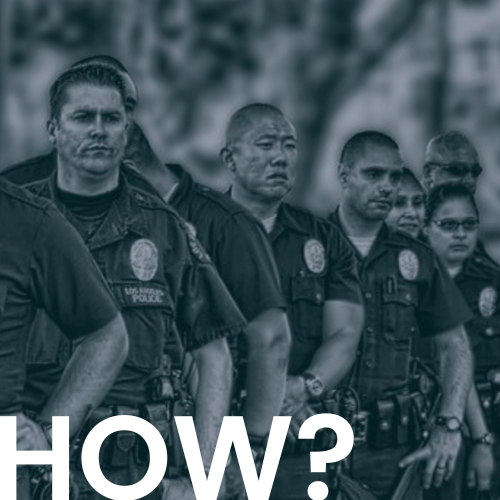
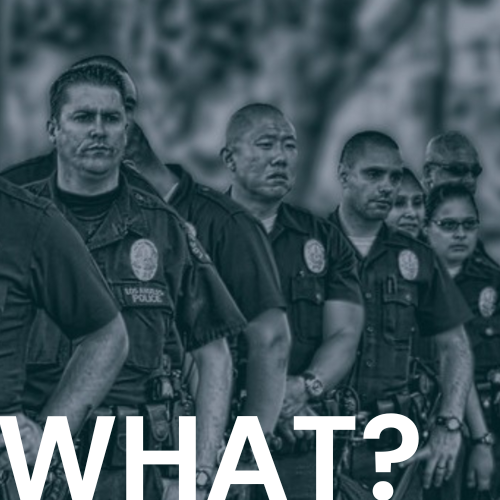
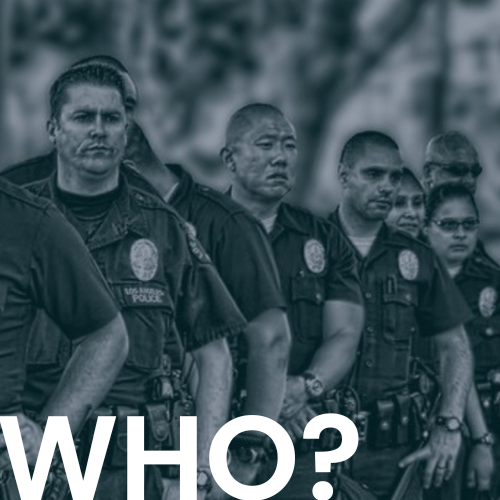

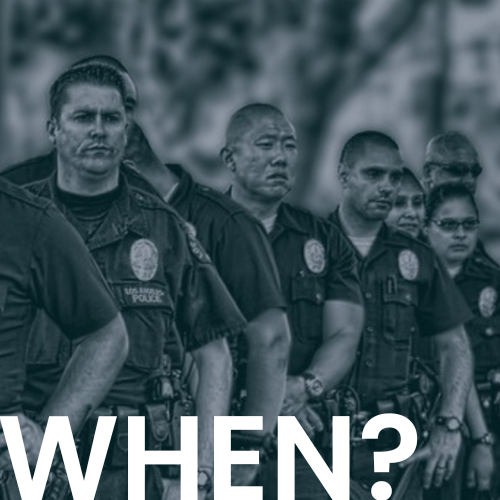
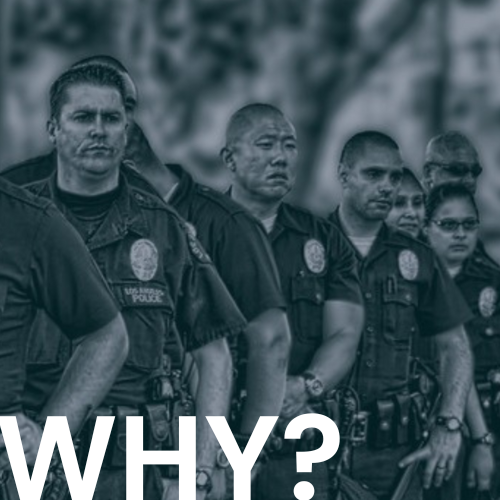
![Peace Officer Standards & Training [POST] Departments Peace Officer Standards & Training [POST] Departments](/sites/default/files/styles/large/public/2023-07/Brady.png?itok=xsIFvU8R)
![Organizations [Law Enforcement et al.] Organizations [Law Enforcement et al.]](/sites/default/files/styles/large/public/2023-07/Brady%20%282%29.png?itok=H7Pj15F8)

